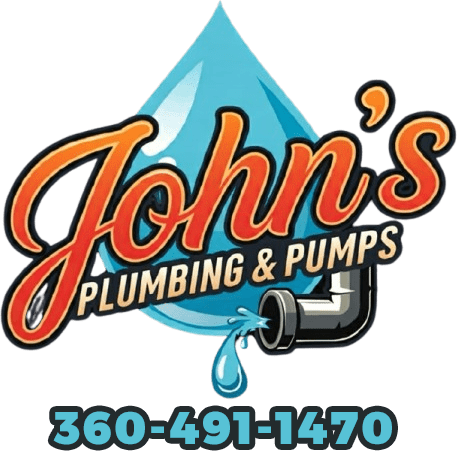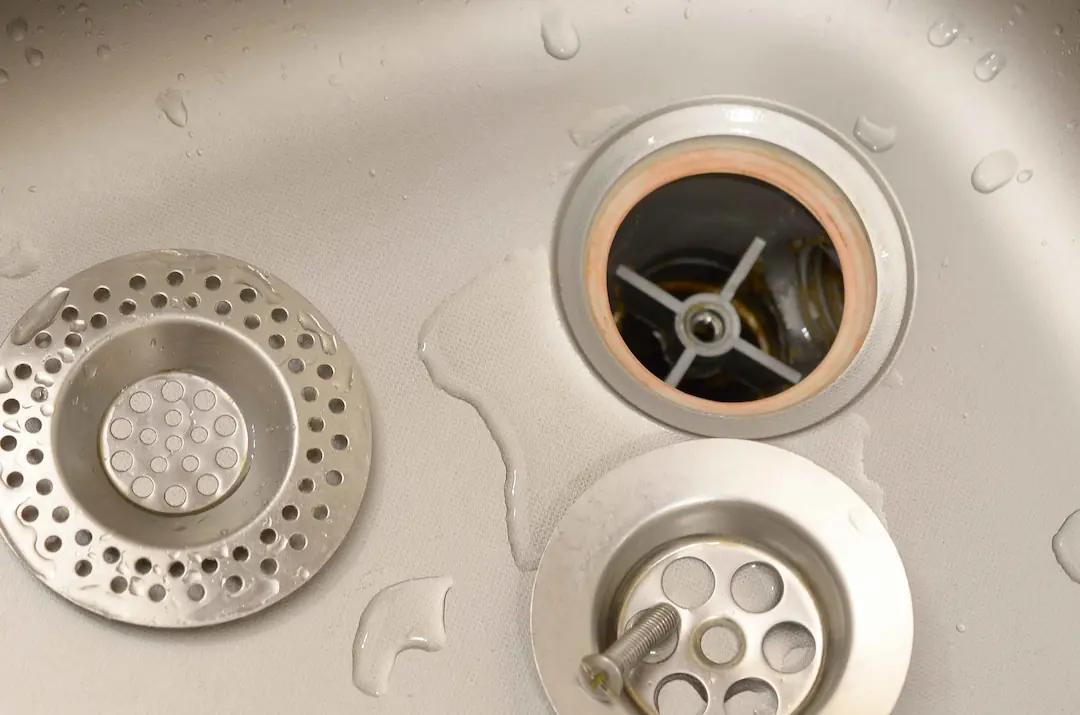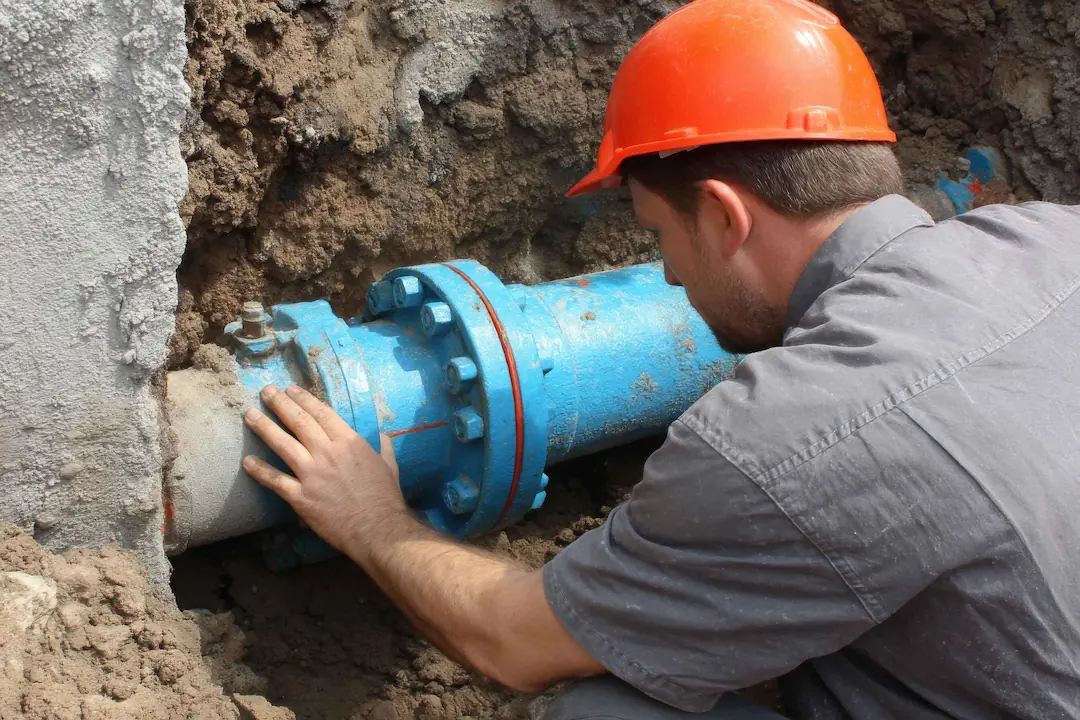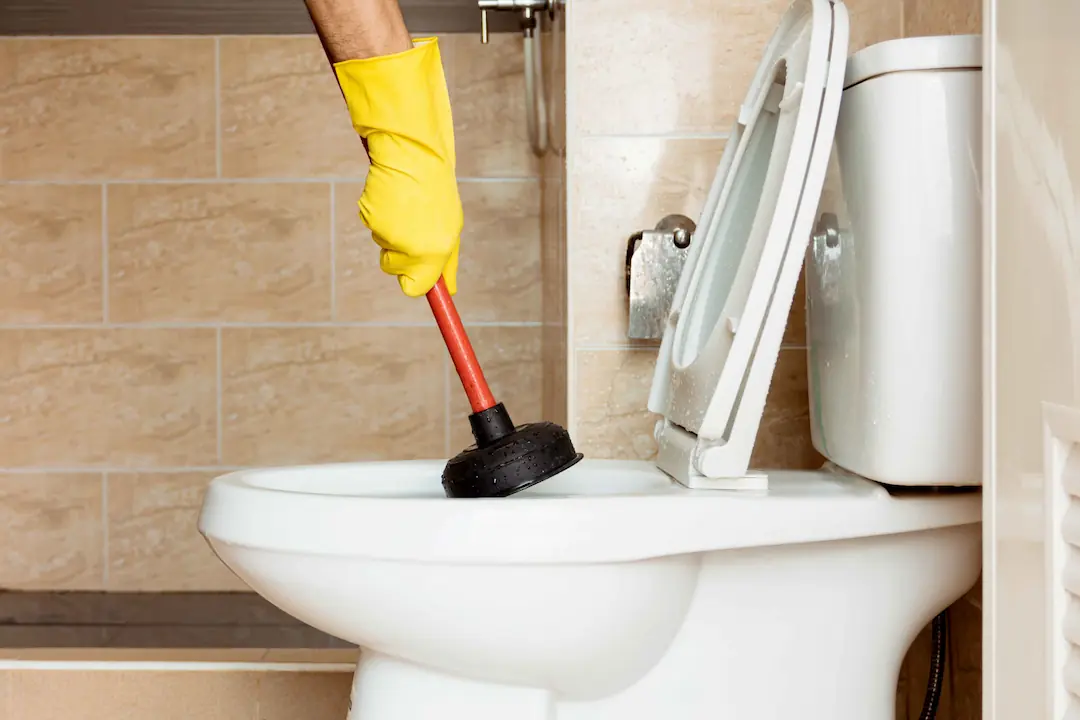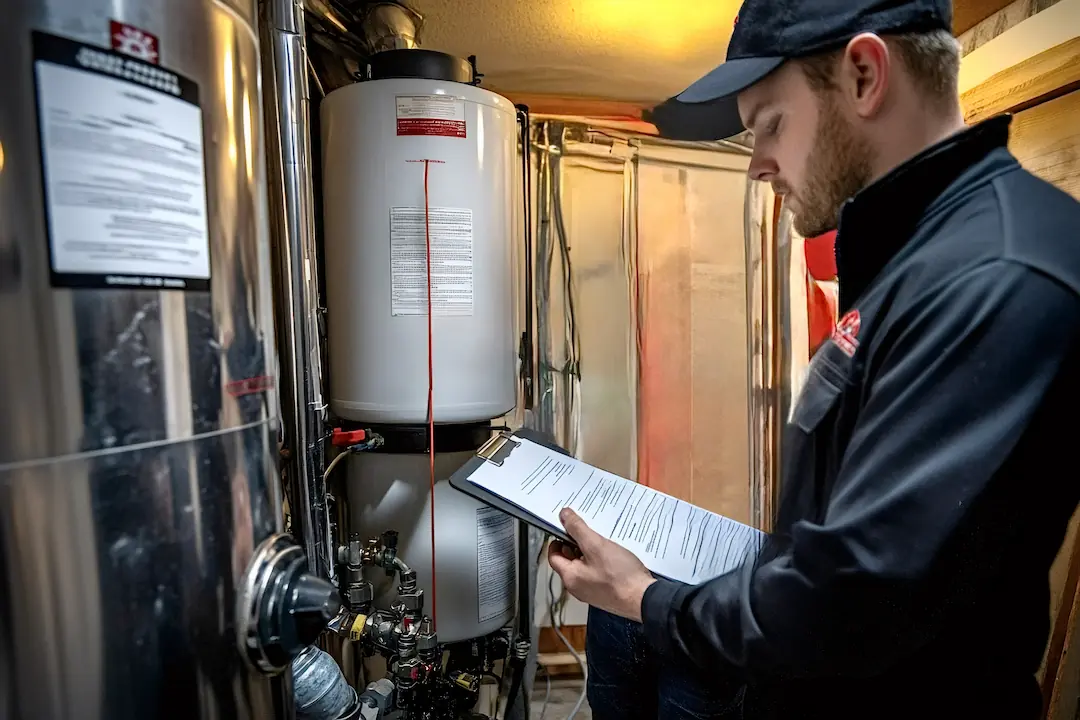Table of Contents
Common causes of clogged drains one of the most common household plumbing problems that may lead to a person’s agitation, bad smells, and even a set of highly priced reparations if the situation is allowed to continue. So, by recognizing the primary common causes of clogged drains and implementing the necessary prevention measures, the homeowners can save not only their time and money but also their nerves. Thus, in this article, we have dived deeper into the common causes of clogged drains, symptoms of the formation of blockages, and the easy ways to prevent blockages in your home.
1. Hair Accumulation
One of the major sources of common causes of clogged drains in the bathroom is hair. The hair filaments have the tendency to get trapped in the drain and adhere to scurf from the soap or other kinds of rubbish to become quite resistant blockages.
Why it happens:
- Human hair naturally falls out daily and can thus quickly gather inside shower or sink drains.
- Together with soap, conditioner, and body oils, hair creates clumps that limit the water flow.
Prevention tips:
- Place a shower drain cover or a hair trap in your bath and bathroom sink.
- For hygiene purposes, take hair away from the drain cover.
- Try to brush your hair before you take a shower so that you will lose less hair in the drain.
2. Soap and Soap Scum Buildup: Common Causes of Clogged Drains
On the surface, soap may appear to be a good friend, but in the long run, it causes serious problems. The soap residue in the water reacts with minerals and other impurities to create a sticky layer called soap scum. This is also one of the common causes of clogged drains.
Why it happens:
- Hard water, i.e. containing calcium and magnesium, reacts with soap resulting in the formation of residues.
—
- Soap residue adheres to the inside of the pipes and over time the water flow is restricted.
Prevention tips:
- Use liquid soap instead of bar soap, as it creates less residue.
- Clear the sacred water channels with a mixture of hot water and vinegar to dissolve the buildup of soap.
- Set up a device that will soften the water if the water that comes into your home is hard.
3. Food Waste in Kitchen Drains
The kitchen sink is one of the most susceptible places for the clogged due to the wrong way of discarding food waste. While the presence of garbage disposals is a help, they are not perfect. Eventually, some foods will stick together and block the pipes. This is another common causes of clogged drains. Recognizing this among the common causes of clogged drains can help homeowners take preventive measures and avoid major plumbing issues.
Common culprits:
- Grease, oils, and fats that become hard and stick to the inside of pipes.
- Coffee grounds, eggshells, and fibrous vegetables like celery or potato peels.
- Large pieces of food that the disposal cannot manage properly.
Prevention tips:
- Grease or oil should never be poured into the drain, instead, a container should be used to collect it for disposal.
- While the garbage disposal is in use, cold water should be running. This will help the fats to solidify, so they can be chopped and washed away.
- Do not dispose of fibrous, starchy, or hard foods by putting them in the sink.
4. Foreign Objects
Drains can be congested with things that are dropped inside the pipe or flushed by mistake. Children’s toys, jewelry, paper towels, or sanitary products can all block pipes if they are flushed or washed down the sink. This is yet another example of common causes of clogged drains, highlighting the importance of proper disposal habits.
Why it happens:
- Normally, pipes are made in a way that they can only accept the flow of water and very small bits of organic matter, not solid objects.
- Poor toiletry habits might cause waste to be flushed into the toilet or poured into the sink, and these wastes will eventually cause a blockage without you noticing it.
Prevention tips:
- Inform the people you live with about what is safe to be flushed and thrown in the drain.
- Do not allow your children to play with small objects near the toilet or the sink.
- Put drain covers to avoid letting trash fall into your pipes.
5. Tree Roots in Outdoor Drainage Systems
If you have old pipes under your house or outside your drainage system, roots of trees might be the cause of your blocked water. Roots are pretty attracted to water and food, and they are going to break into the small holes of pipes made of the sewer. This is one of the common causes of clogged drains outdoors.
Why it happens:
- These tiny cracks in the pipes will allow the roots to come inside and start growing in it.
- The roots grow bigger and bigger blocking the flow of water thus leading to the backup of the water.
Prevention tips:
- Never plant trees or shrubs near underground drainage lines.
- Get a professional to check your sewer lines at least once every year.
- If tree roots are causing a lot of problems with your sewer lines, then you should seriously consider changing your pipes.
6. Mineral Buildup and Hard Water
Hard water has high levels of minerals such as calcium and magnesium. These minerals gradually deposit inside pipes until water flow is restricted, and the result is clogging. Mineral buildup is another common causes of clogged drains, which can worsen over time if left untreated.
Why it happens:
- Mineral build-up in the pipes’ interiors reduces pipe diameter and the chances of blockages become higher.
- When hard water is mixed with soap, a difficult-to-remove residue is formed.
7. Improper Plumbing Design
In some instances, frequent clogs can be caused by poor plumbing designs that are less dependent on homeowner habits. Pipes that are too narrow, improperly angled, or incorrectly installed can result in repeated blockages. Poor plumbing design is also one of the common causes of clogged drains, making it important to address design issues promptly.
Why it happens:
- Water flow gets limited by sharp bends or low slopes of pipes.
- Multiple fixtures connected to a single line can cause an overload of the system.
Prevention tips:
- Hire a professional plumber to better understand and fix the issues in your plumbing system.
- Think about pipe substitution or redesign if clogs remain and are widespread.
Signs Your Drains May Be Clogged
The main warning signs that you need to check your drainage system before a total blockage happen include:
- Water slowly draining from sinks, bathtubs, or showers.
- Gurgling noises coming from toilets or drains.
- Unpleasant odors emanating from the drains.
- Frequent backups occurring in multiple fixtures.
Recognizing these early signs is a key step to prevent common causes of clogged drains from becoming severe.
DIY Drain Maintenance Tips
Regular maintenance can prevent most common clogs. Some simple habits be:
- Hot Water Flushes: Boiling water is poured down the drains every week which helps to dissolve minor buildups.
- Baking Soda & Vinegar: A combination of baking soda and vinegar followed by hot water helps to maintain the drains clean.
- Drain Strainers: Put strainers in to collect hair, food, and other small things before they go into the pipes.
- Avoid Chemical Cleaners: Chemicals in a drain cleaner that are harmful to the user tend to make the drainpipe and should be avoided.
These steps address the common causes of clogged drains proactively.
When to Call a Professional Plumber
Some clogs, however, are so deep and stubborn that no home remedy can unclog them. If that is the case, you may want to give a call to a plumber when:
- Water is seen to be coming back through different drains all at the same time.
- There is a large amount of water or flooding that is standing there.
- Homes still smell like sewers even after fumbling.
- Going on clogs always even trying different ways of stopping them.
Professionals can perform intrusions with cameras, hydro-jetting, and drain snakes to locate and remove blockages precisely. This also addresses the common causes of clogged drains that cannot be fixed at home.
Conclusion
Stubborn drain clogs are one of the most frequent issues in households but can be prevented easily. The majority of the cases come from hair, soap scum, food wastes, foreign objects, tree roots, mineral buildup, and poor plumbing design. Practicing preventive care and acquainting oneself with these common causes of clogged drains are the best ways of cutting down blockages in everyday living.
Regular care of the drains and ultra-timely professional assistance can hold the whole plumbing system in close check all through the essentially trouble-free and odor-free year. Start preventive care today and enjoy smooth-flowing drains throughout your home without waiting for the time when the small clogs will turn into a big problem.
If you need professional help to prevent or fix clogs, don’t hesitate to contact us today and schedule a visit from our experienced plumbers.
Hard water has high levels of minerals such as calcium and magnesium. Learn more about water hardness from the EPA’s guide on water quality.
